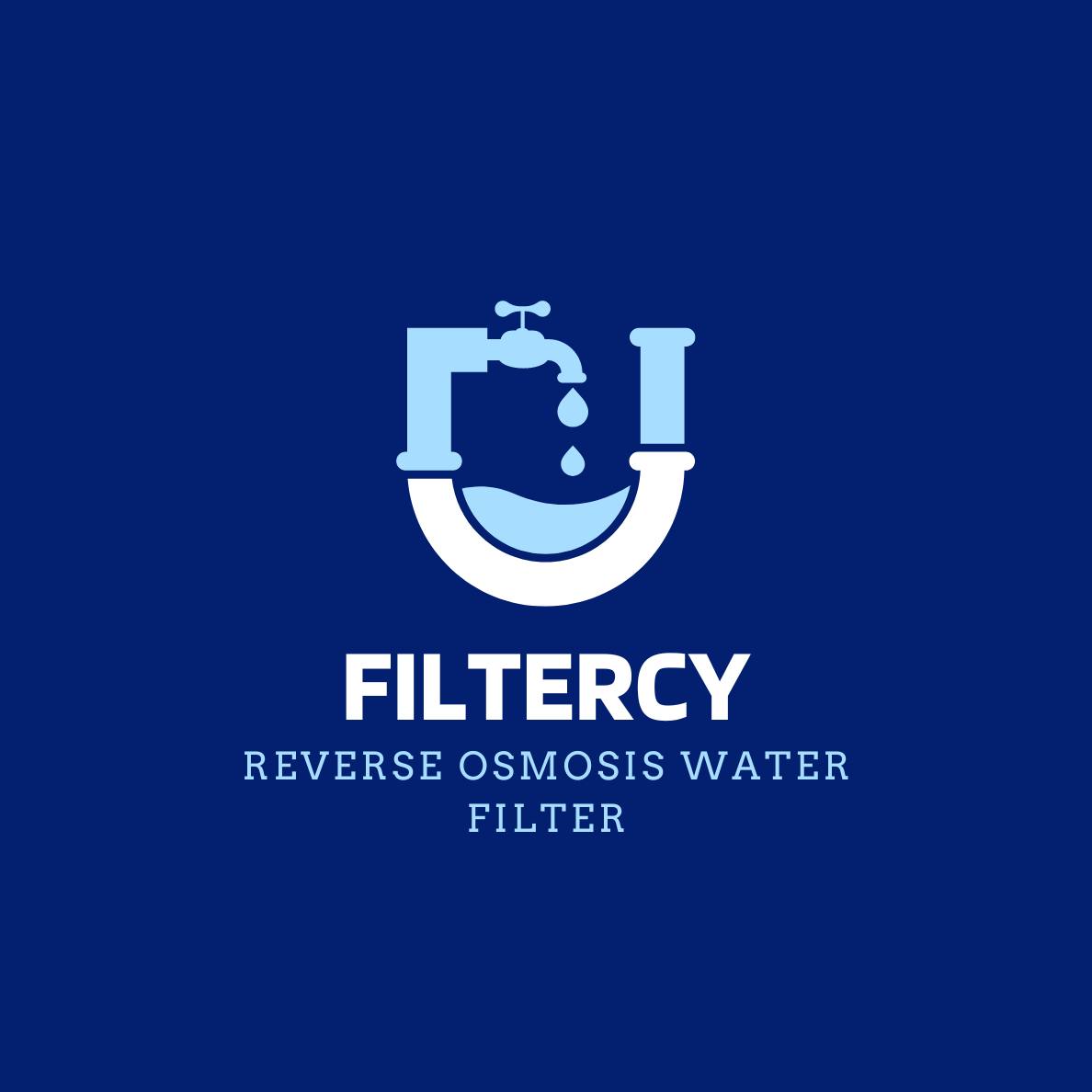
Thank you for your interest in our company!
Fill the form and we will contact you as soon as possible
You agree to our Data privacy

Water Softener Types: A Comprehensive Guide
Hard water is a common issue that affects many households. The excess minerals, such as calcium and magnesium, contribute to scale buildup, which can reduce the efficiency of household appliances and affect the condition of skin and hair. Water softeners help reduce water hardness and extend the lifespan of equipment. Let’s look at the main types of water softeners and their features.
Types of Water Softeners and How They Work
There are four primary types of water softeners: salt-based, salt-free, magnetic, and electromagnetic. Each of them operates in a unique way and offers specific advantages and disadvantages.
- Salt-Based Softeners replace calcium and magnesium ions with sodium ions, eliminating scale buildup.
- Salt-Free Softeners modify the structure of mineral particles, preventing scale buildup without removing minerals.
- Magnetic Softeners create a magnetic field that influences the minerals in water to prevent their deposition.
- Electromagnetic Softeners work on a similar principle but provide more intensive mineral treatment.
- Each of these softeners has characteristics suited to different needs and situations.
Salt-Based Softeners: How They Work, Advantages, and Disadvantages
Salt-based softeners are the most common type, using an ion exchange process. In a salt-based softener system, resin replaces calcium and magnesium ions with sodium ions, which prevents scale formation.
- Advantages: Effectively remove water hardness, suitable for household and industrial needs, easy to operate.
- Disadvantages: Require regular salt replacement and system flushing, may increase sodium levels in water, which is important for individuals with certain health conditions.
Salt-Free Softeners: How They Work, Advantages, and Disadvantages
Salt-free softeners don’t remove minerals from water but alter their crystalline structure to prevent them from settling on surfaces. These devices are often called "conditioners" rather than softeners because they prevent scale buildup rather than softening the water.
- Advantages: No need for salt or regular maintenance, environmentally friendly, safe for people with dietary sodium restrictions.
- Disadvantages: Less effective in high-hardness water, do not remove calcium and magnesium, so water may still feel hard.
Magnetic Softeners: How They Work, Advantages, and Disadvantages
Magnetic softeners create a magnetic field around the pipe, changing the structure of mineral particles and preventing them from adhering to surfaces. These compact devices do not require salt or chemicals.
- Advantages: Easy to install, no need for consumables, low cost.
- Disadvantages: Effectiveness depends on the water hardness level and chemical composition, may not work as well with very hard water.
Electromagnetic Softeners: How They Work, Advantages, and Disadvantages
Electromagnetic softeners are similar to magnetic softeners but use electromagnetic pulses to alter the structure of calcium and magnesium particles. These pulses provide more intensive treatment and are suitable for higher levels of water hardness.
- Advantages: More effective than magnetic softeners, easy installation, no need for salt or chemicals.
- Disadvantages: Effectiveness may vary based on conditions, requires electricity to operate.
Conclusion: Comparative Analysis and Recommendations
Choosing a water softener depends on the hardness level of the water, maintenance preferences, and budget:
- Salt-Based Softeners are ideal for homes with very hard water and provide the best mineral removal but require regular maintenance.
- Salt-Free Softeners offer a great solution for moderate hardness, are salt-free, and easy to use.
- Magnetic and Electromagnetic Softeners are perfect for minimal maintenance and budget-friendly options, though their effectiveness may vary.
| | Beauty starts with water Discover the many benefits of soft water and pamper yourself every day You agree to our Data privacy |

